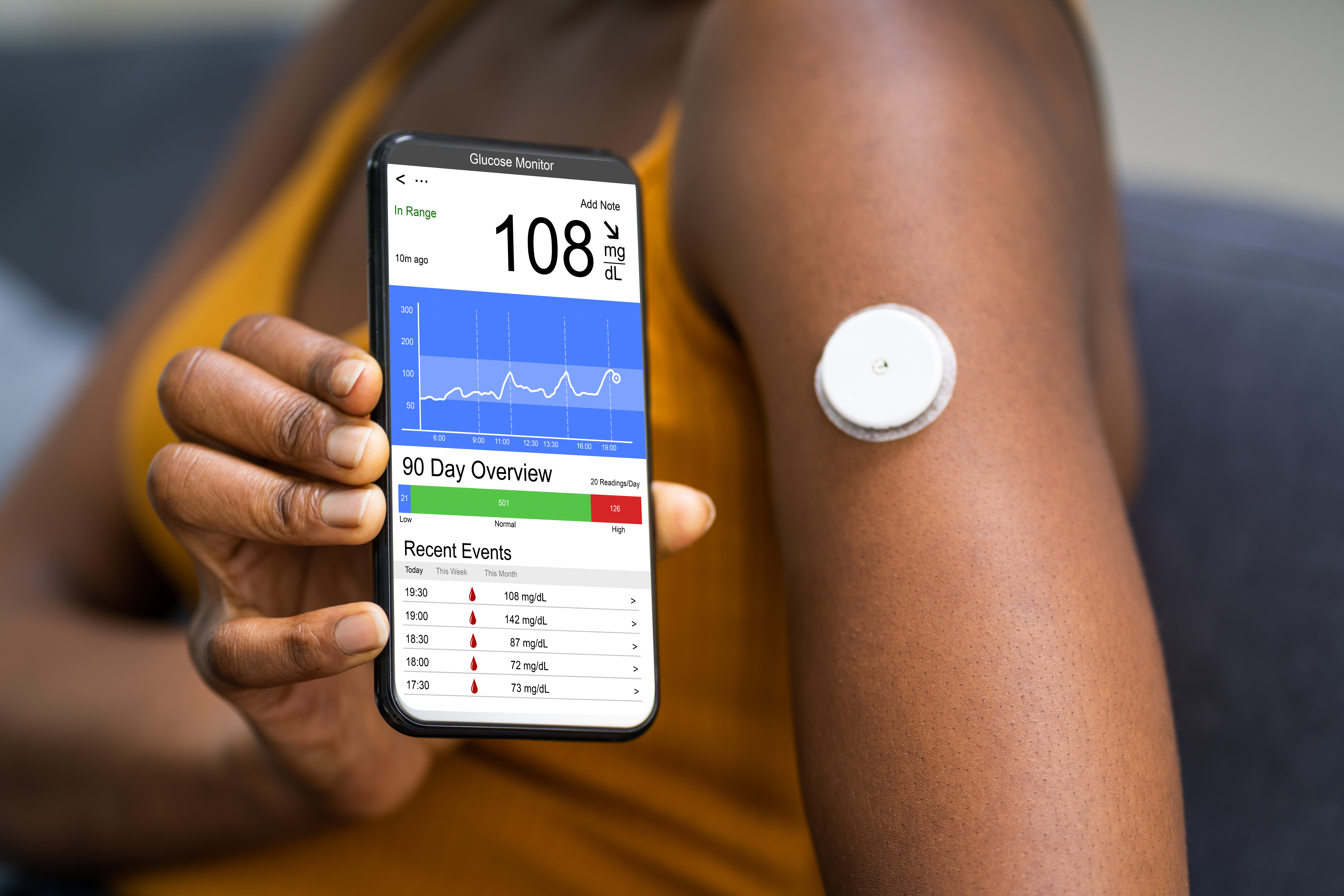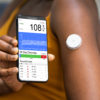
Limiting candy, cookies and other sweet treats may not be enough to keep a lid on the amount of sugar your kids are eating.
In some cases, you might think you’re making a healthy choice. But the source of sugar isn’t always obvious. And, many foods contain added sugars.
It’s those added sugars the American Heart Association (AHA) warns against. The AHA recommends that kids eat no more than 100 calories of added sugars per day. That’s 25 grams or roughly 6 teaspoons of added sugars per day.
However, a 2016 study found American children and teens consume about 80 grams of sugar a day. That’s more than three times the recommended limit!
Research shows the more added sugars kids eat, the greater their risk for type 2 diabetes, high blood pressure, and fatty liver disease. What’s more, the AHA says added sugars up a child’s risk for heart disease.
Many nutritious foods contain sugar naturally (think: milk, fruits, and vegetables). Other foods have sugar added to sweeten the taste and preserve the color, texture, and flavor. These are the foods you want to watch out for.
Foods like soda, juice drinks (but not whole fruit and vegetable juices), baked goods, and processed foods like breakfast cereal and bread can add sugar to a diet. Added sugars also hide in store-bought dressings and flavored dairy products.
Ready to cut added sugar from your child’s diet? Here are four ways to do it.
1. Get to know food labels
You might be surprised by how many kid-friendly foods contain added sugars. Start checking nutrition facts labels to get an idea of where the added sugars are hiding. This can help you make better decisions when shopping for and preparing your child’s food.
When you look at the nutrition facts label, you’ll see two amounts for sugar: one for “total sugars” and one for “added sugars.”
Total sugars include sugars that naturally occur, as well as added sugars. There is no recommended limit for total sugars.
Below the line for “total sugars” is where you’ll find out how many of those grams are added sugars.
For example, a serving of flavored yogurt might list 15g of total sugars and 7g of added sugars. This means one serving has 8g of naturally occurring sugars and 7g of added sugars for a total of 15g. The 7g of added sugars equal 14% of the daily value (DV) or the recommended daily limit for added sugars.
2. Choose nutrient-dense foods as much as possible
Nutrient-dense foods should make up the bulk of your child’s diet. Not only are these foods (mostly) free of added sugars, they’re also full of vitamins, minerals, and other nutrients your child needs for healthy growth.
Smart food choices include:
- Vegetables and fruits
- Whole grains
- Seafood
- Eggs and poultry
- Beans and lentils (prepared with little-to-no added sugars, saturated fat, and sodium)
- Unsalted nuts and seeds
- Fat-free and low-fat dairy products
- Lean meats (prepared with little or no added sugars, saturated fat, and sodium)
Choose fresh, natural, and/or unpackaged versions of these foods whenever your time and budget allow.
3. Compare foods
However, while it’s best to avoid processed or packaged foods, it’s not realistic to think that all parents have the time or resources to prepare food from scratch. So if you rely heavily on packaged foods, compare and pick options with little or no added sugar.
As a general rule:
- Foods with 5% DV or less are low in added sugars
- Foods with 20% DV or more are high in added sugars
4. Swap out sugary beverages
Sugary drinks like fruit juice, soda, and sports drinks are the most significant source of added sugars in kids’ diets, according to a 2018 study. Earlier research found that kids who consumed these types of drinks were more likely to gain body fat over 6 years than those who did not.
Cut back on the fruit juice and soda and give your child water and milk (if they’re not allergic) instead. Research shows that kids who made this swap saw their body fat go down over six years.
For more info and tips on healthy eating, check out the latest Dietary Guidelines for Americans
Have Health Insurance Questions?
A licensed insurance agent can help you find the coverage right for you. Call 24/7:(833) 648-0475





















